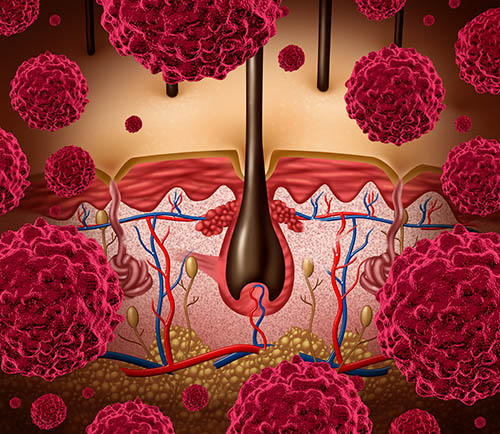Recomendamos encarecidamente que se comunique con BMS para informar los efectos secundarios (eventos adversos)
Los efectos secundarios (eventos adversos) y otros eventos reportables se definen aquí
Informe de efectos secundarios (eventos adversos) o quejas sobre la calidad del producto: información médica
Haga una pregunta
Haga su pregunta y nuestro equipo de navegadores de ensayos clínicos la responderá tan pronto como sea posible. Las preguntas que no contienen información personal pueden ser publicadas en nuestro centro de ayuda para estar al servicio de otros.
Por favor, introduzca una dirección de correo electrónico válida.
Por favor ingrese todos los campos necesarios.

